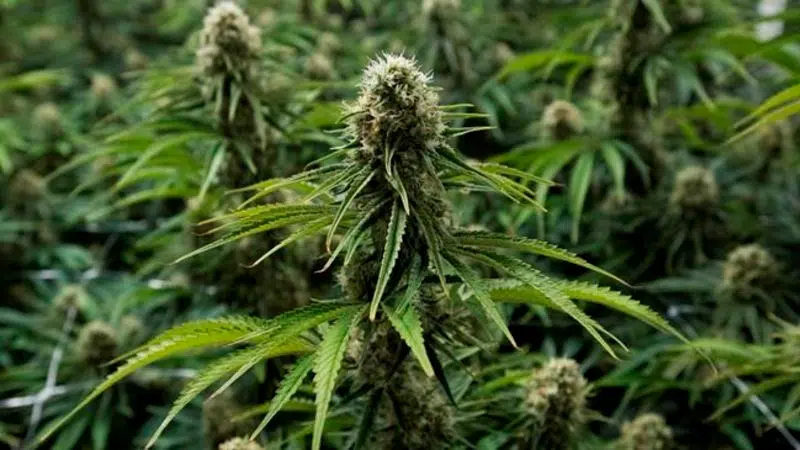
Ottawa paid $75M for veterans’ cannabis last year, could pay $100M this year
OTTAWA — The federal government’s effort to rein in the cost of reimbursing veterans for their medical marijuana appears to have failed as new figures show Ottawa shelled out a record $75 million in the last fiscal year.
And that is only the beginning: the Veterans Affairs Canada figures show the government is on track to spend nearly $100 million this year as more and more former service members ask the government to pay for their cannabis.
The growing use of medical marijuana by veterans — and the growing cost to taxpayers — comes despite an overhaul of the way the government reimburses ex-military personnel for pot in November 2016.
It was then that the Liberal government reduced the amount of marijuana it would cover from 10 grams per day to three. It also capped the amount it would pay at $8.50 per gram.


